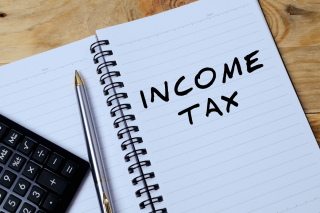 Many things change when you retire, including tax strategies. Steps that you took when you were working, may now work against you. Knowing what has changed and what you need to do can help avoid unnecessary tax liabilities.
Many things change when you retire, including tax strategies. Steps that you took when you were working, may now work against you. Knowing what has changed and what you need to do can help avoid unnecessary tax liabilities.
Tax planning is different after retirement. You might think that a lower income level and fewer deductions are the only changes, but it’s not that easy. You have to understand how retirement benefits and investment returns are impacted by federal and state laws, according to a recent article in Kiplinger, “3 Tax-Planning Mistakes Retirees Too Often Make.” Here are the three most commonly made mistakes:
Tax Loss Harvesting. Tax loss selling means selling a capital asset, like a stock, for a loss to offset a gain realized by the sale of other investments. The result is that the investor avoids paying capital gains on recently sold investments. Retirees with stock holdings should review their holdings every year to determine their market exposure and any tax consequences of selling stocks with substantial capital gains.
 Houston Estate Planning and Elder Law Attorney Blog
Houston Estate Planning and Elder Law Attorney Blog










